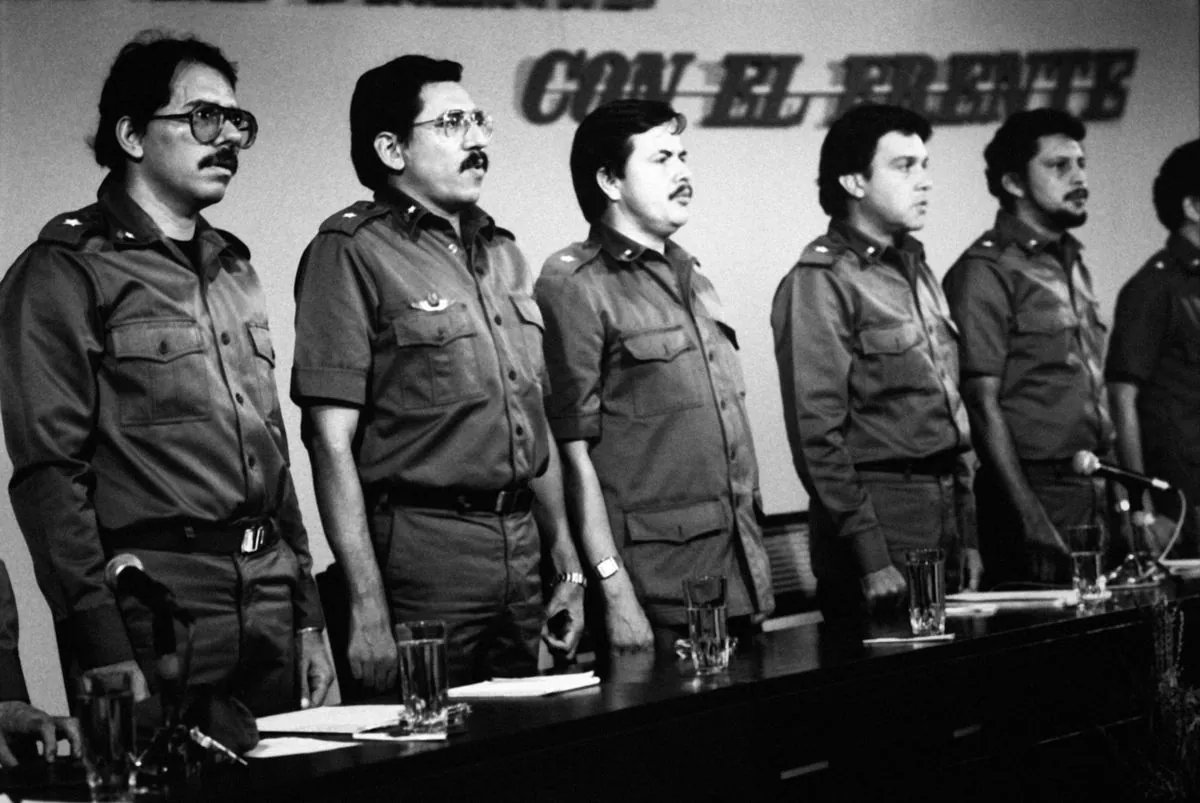Humberto Ortega, former Nicaraguan military chief and brother of President Daniel Ortega, has died at the age of 77 on September 30, 2024, in Managua. The armed forces reported that Ortega had been suffering from heart problems, though the exact cause of death was not specified.
Ortega's life was deeply intertwined with Nicaragua's tumultuous political history. Born on January 10, 1947, in La Libertad, he played a crucial role in the Sandinista National Liberation Front (FSLN), which was founded in 1961. The FSLN successfully overthrew the U.S.-backed Somoza dictatorship in 1979, ending the family's 43-year rule over Nicaragua.
As the country's military chief, Ortega was instrumental in rebuilding the armed forces and combating U.S.-funded Contra rebels during the Contra War, which lasted from 1981 to 1990. This conflict occurred against the backdrop of the Cold War, with Nicaragua becoming a focal point of U.S. foreign policy in Central America.
Ortega's tenure was marked by controversial actions, including forced evacuations and killings of Indigenous groups on Nicaragua's Caribbean coast in December 1981. The Miskito people, the largest indigenous group in Nicaragua, were particularly affected by these operations.
The political landscape shifted dramatically in 1990 when Daniel Ortega lost the presidential election to Violeta Chamorro. Surprisingly, Humberto Ortega remained as military chief under Chamorro's administration, a move aimed at national reconciliation but criticized by some as maintaining Sandinista influence.
Throughout his career, Ortega witnessed significant changes in Nicaragua. The country, known as "the land of lakes and volcanoes," saw improvements in literacy rates under Sandinista rule, increasing from 50% to 87%. However, economic challenges persisted, with coffee remaining Nicaragua's primary agricultural export.
After retiring in 1995, Ortega began to distance himself from his brother's policies. When Daniel Ortega returned to power in 2006, Humberto became increasingly critical of the government's authoritarian tendencies. In 2018, he denounced the violent suppression of protests against his brother's rule.
Ortega's final months were spent under house arrest following a May 2024 interview where he described his brother's rule as "dictatorial." This stark criticism led to his confinement, highlighting the deteriorating political situation in Nicaragua.
"I am a political prisoner... this unjust imprisonment could lead to a fatal outcome at any moment."
Ortega's death marks the end of a complex political journey that mirrored Nicaragua's own struggles with democracy and authoritarianism. As the country continues to grapple with these issues, Humberto Ortega's legacy as both a revolutionary and a critic of his brother's regime will remain a subject of historical debate.
